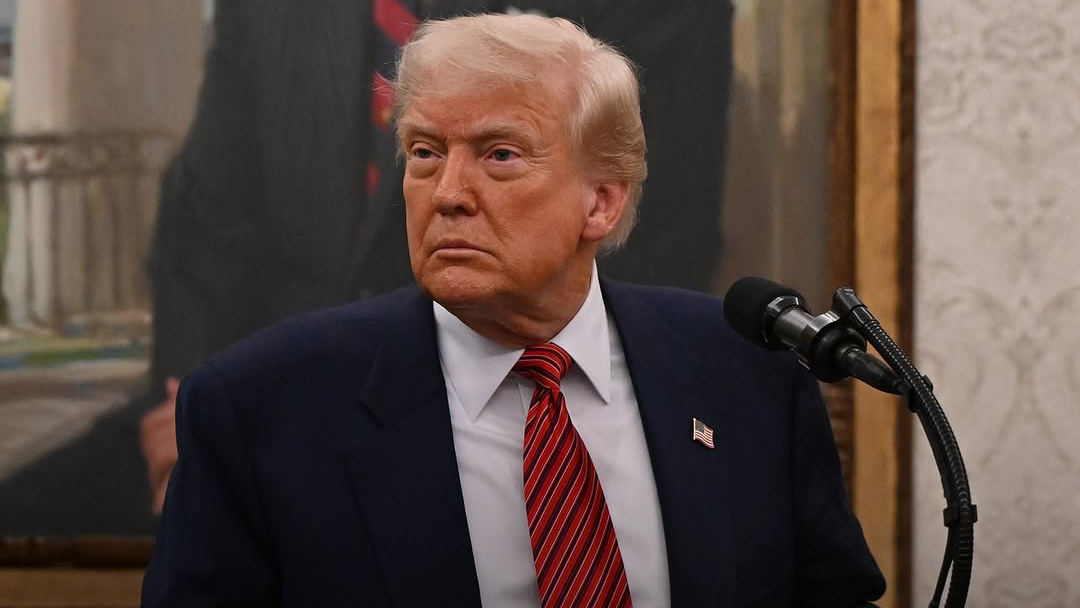The Data Behind the Downturn
In 2025, President Donald Trump’s renewed deportation campaign—what his administration has branded “Operation Midway Blitz”—has triggered a chain reaction through the U.S. economy. Immigration enforcement is no longer just a political issue; it’s an economic shock.
Since the crackdown began in early September, entire business districts in immigrant-heavy areas, such as Chicago’s Little Village, have seen activity plummet. Restaurants are empty, small retailers are shuttering, and supply chains are slowing as undocumented workers and their families avoid public life.
Economists say this isn’t anecdotal, it’s measurable. According to TD Economics, reduced consumer spending among undocumented immigrants could shave 0.7 percentage points off U.S. consumer spending growth in 2025. In an economy where consumption drives roughly 70% of GDP, that’s not a side effect—it’s a warning light.
How Many People Has Trump Deported So Far?
According to figures from the Department of Homeland Security (DHS), the Trump administration is on pace to deport more than 600,000 people in 2025, marking one of the largest mass removal efforts in modern U.S. history. This represents a sharp escalation from the approximately 250,000 annual deportations recorded in 2024.
While the White House frames the initiative as a “return to law and order,” the sheer scale has blindsided local economies and consumer markets. Each deportation represents not only a lost worker but also a lost customer—someone who rented housing, bought groceries, paid taxes, and contributed to the economic ecosystem.
“The administration underestimated how deeply immigration and consumption are intertwined,” said one economist from Moody’s Analytics, noting that undocumented consumers contribute billions annually to sectors like food, transport, and housing.
$90 Billion in Lost Taxes and Counting
The political narrative often centers on cost, but the data tells a different story. Undocumented immigrants are net contributors to the U.S. tax base. Bloomberg reports that this group collectively pays nearly $100 billion annually in federal, state, and local taxes—from payroll to property to sales taxes.
Those inflows help stabilize city budgets, fund infrastructure, and sustain public services. As deportations rise, those contributions fall, producing ripple effects that hit both public and private sectors. Cities like Los Angeles, Chicago, and Houston are already warning of retail tax shortfalls and “micro-recessions” in neighborhoods where immigrant commerce once thrived.
Economists warn the fiscal math is stark: every deportation erases not just a tax ID number, but years of economic participation and community investment.
What Was Trump’s Immigration Policy?
The 2025 crackdown stems from a broader policy doctrine built around deterrence and restriction. Trump’s current approach expands on his first-term initiatives: strict border enforcement, cuts to asylum admissions, and a focus on deporting anyone without valid status—regardless of criminal record.
Unlike prior administrations, which prioritized high-risk cases, the Trump 2025 policy targets a far wider demographic, including mixed-status families and workers without prior offenses. This zero-tolerance stance has sparked legal challenges and diplomatic tension with Mexico and Central America.
According to Reuters, internal DHS memos reveal that deportation goals have doubled from 2024 levels, with plans to increase ICE funding by 300% under the “One Big Beautiful Bill Act.” That expansion has been met with applause from some Republican lawmakers—but growing unease from corporate America.
Corporate America’s Silent Panic
In boardrooms across the country, executives are increasingly concerned that the administration’s immigration stance is undermining consumer stability. PepsiCo, Constellation Brands, and Associated British Foods (parent company of Mazola Corn Oil) have all reported declining sales in Hispanic-heavy regions since the crackdown began.
A growing number of CEOs, including JPMorgan Chase’s Jamie Dimon and Bank of America’s Brian Moynihan, have hinted that labor constraints and falling consumer demand tied to immigration policy could become “structural drags” on GDP.
The recent bankruptcy of Tricolor—an auto lender serving undocumented borrowers—underscores this risk. The company’s collapse, reported by Reuters, triggered losses across credit markets and sent a chill through subprime lending portfolios. Analysts say it’s a case study in how political policy can become financial contagion.
Can Policy Ideology Survive Economic Reality?
Trump’s immigration policy may satisfy a political base, but it risks alienating the economic one. The White House’s assumption that deportations will ease fiscal strain appears increasingly detached from data: mass removals are shrinking the tax base, depressing local demand, and threatening labor supplies in logistics, hospitality, and construction.
If immigration enforcement continues at this pace, analysts estimate it could cut up to 0.4% off U.S. GDP growth in 2025, a meaningful figure for an economy already navigating inflation and interest-rate uncertainty.
Corporations have so far avoided direct confrontation, but the private pushback is intensifying. Advocacy groups like the U.S. Chamber of Commerce and Business Roundtable are quietly lobbying for a recalibration—one that balances border control with workforce and consumer stability.
“The administration is playing politics with economic fundamentals,” said one senior policy advisor from a Fortune 100 company. “At some point, ideology collides with arithmetic.”
An Economic Boomerang in Motion
Trump’s immigration crackdown may prove to be one of the biggest economic miscalculations of his presidency. What was intended as a show of political strength is fast becoming a drag on consumer confidence, GDP, and corporate profitability.
Every deportation may make for a soundbite—but collectively, they weaken the spending engine that powers America’s growth. If the White House ignores these warning signs, it risks trading short-term political wins for long-term economic damage.
In the words of JPMorgan’s Jamie Dimon, “An economy’s strength lies in its people—its workers, its consumers, its communities.” As the 2025 deportation campaign accelerates, the question for business leaders is no longer whether policy will hurt the economy—it’s how deep the damage will go, and how long it will last.














